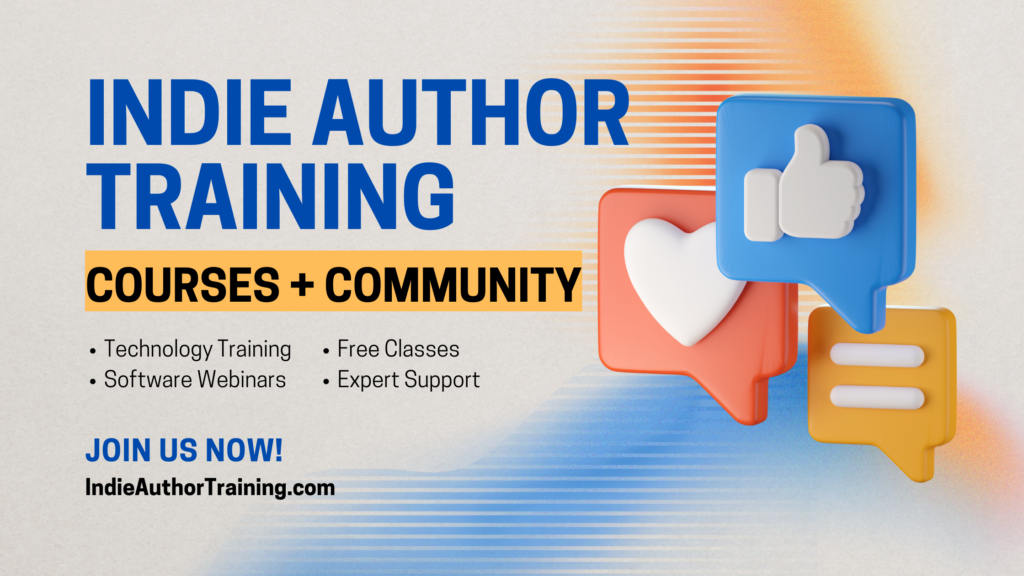SMART Goals Aren’t Always The Smartest
Before I was a writer, in the days when I earned a living training public and private sector workers how to manage their time, their teams, or themselves more effectively, I would advise everyone I met that the secret to goal setting was to write SMART objectives.
If you have ever attended a corporate program or read a book about being more efficient, you will have encountered SMART goals. Everyone thinks they know what that mnemonic means and when challenged will shout out something like this:
S = Specific
M = Measurable
A = Achievable
R = Realistic
T = Time-bound.
When I was a trainer, I followed this call out with a flip chart with an example of setting a goal to lose forty pounds by Christmas. We collectively proved how wonderful this tool was to break down my goal. Job done.
Except, of course, it wasn’t. I never lost that forty pounds. And when the participants had to write a SMART objective for their own goals, they either did a half-hearted job to get the exercise over with and grab a coffee or angsted over it for the full half-hour, no closer to fulfilling their final goals.
At first, I thought the problem was with the definitions. As a writer, I am drawn to finding the correct word. Words are powerful. We convey much with the correct adjective or verb, mentally and emotionally.
Take a long look at those five words. We all know what they mean, right? Look again. Can you specifically answer what “specific” means?
Let’s bank that for now. “Measurable” is easier: the ability to quantify the amount. I can state a desired word count for the day, and by the time I go to bed, I will know if I have hit my target.
Skip ahead to “time-bound.”: the deadline by which this project, book, chapter, or word count needs to be done. In a SMART objective, it is usually the only fixed determiner. Do you have a countdown to upload to Amazon to meet a pre-order? When does this manuscript have to be with your editor, beta readers, or others?
The most effective deadline is immovable. I added the word “usually” above because, as a world-class procrastinator, I know I can work around even the hardest deadline. To quote Douglas Adams: “I love deadlines. I like the whooshing sound they make as they fly by.”
Time-binding any project gives us a structure, a framework within which to work our magic. From there, we can stake out milestones that need to be met in order to reach our destination on time. These milestones or review points can tell us if the project is realistic.
But what do we mean when we say something is realistic? Collins English Dictionary’s entry for “realistic” states:
“If you are realistic about a situation, you recognize and accept its true nature and try to deal with it in a practical way.”
Likewise, the same online reference states that “achievable” means: “If you say that something you are trying to do is achievable, you mean that it is possible for you to succeed in doing it.”
So in short, your SMART objective must be practically possible. How do you determine if it is practically possible? You see how long you have to do it, break that long-term goal into smaller milestones, and create a plan to ensure opportunities to review and adjust those milestones as you work toward your goal.
But let me ask you another question. If you don’t think your goal is achievable, why would you even start it?
The answer is simple. You wouldn’t.
The fact is everything we can conceive, we can achieve.
Using the letter A for “achievable” in the mnemonic is a waste of a letter. So what verb or adjective beginning with A would make your aim more realistic?
Let’s go back to Collin’s definition of realistic. “Recognize and accept its true nature and try to deal with it in a practical way.” This definition suggests that there will be troubles ahead. You will face delays and hit obstacles along the way. That is the true nature of any situation, of any plan.
In fact, as writers, this journey should be one we are very familiar with. Don’t your protagonists face such obstacles in their quest for true love or treasure or freedom or *insert journey’s end here.*
To help them on their way, you would plot a variety of solutions for your intrepid hero. You would arm them with the resources they need or, at the very least, have a way for her to find them. I would argue R should stand for “resourced.”
Map out what resources you will need, when you will need them (another milestone), and who can help you find them to make your objective much more realistic.
So with your deadline in mind, take time to identify potential obstacles and how you will overcome them. What resources do you need? And who needs to be onboard to help?
Very few of us embark on a journey alone. You will probably need an editor, a beta team to give you feedback, and even someone to keep you fuelled with coffee.
You will also have people in your life, probably well-meaning people, who appear bent on interrupting you every time you sit down to write. Others might be determined to sabotage your efforts. Perhaps you are planning on sabotaging yourself!
The SMARTest objective in the world will fail if you don’t agree to it because you suspect you won’t make it.
Remember that definition of “achievable”? “It is possible for you to succeed in doing it.”
You have to accept it is possible from the start and shut up the naysayers, including yourself. How can you ensure this plan is “agreeable” to all concerned?
Ultimately, what makes your objective “specific”? When you write out that goal to determine the who, how, where, why, and when, do it in reverse.
- Start with time-bound. How much time do you have? What mini goals must you reach to stay on track? Nothing else will matter if you don’t have enough time.
- Be realistic about what you can do in that time frame and plan out in advance how you will access the resources you need. Do you have a Plan B? What obstacles can you foresee? Mark down holidays, birthdays, family visits, days off, and also time for illness and life. As John Lennon said, “Life is what happens to you when you’re busy making other plans.”
- Check your attitude. Can you accept that you can succeed in this endeavor, and who else do you need to convince to support you? Is this plan agreeable to all involved?
- What measures do you need to put in place to ensure you make the best use of your resources and your time? How will you know if you need more help? How will you monitor your success? What are your daily, weekly, and monthly milestones?
- And then finally, pull all that together into a compelling statement. Be specific about what success will look like to you as you hit those targets and reach your end goal.
Success comes from envisioning your final destination and plotting your road map. You don’t need to be SMART; you need the right transport. Think TRAMS.
T = Time-bound
R = Resourced
A = Agreeable
M = Measurable
S = Successful






